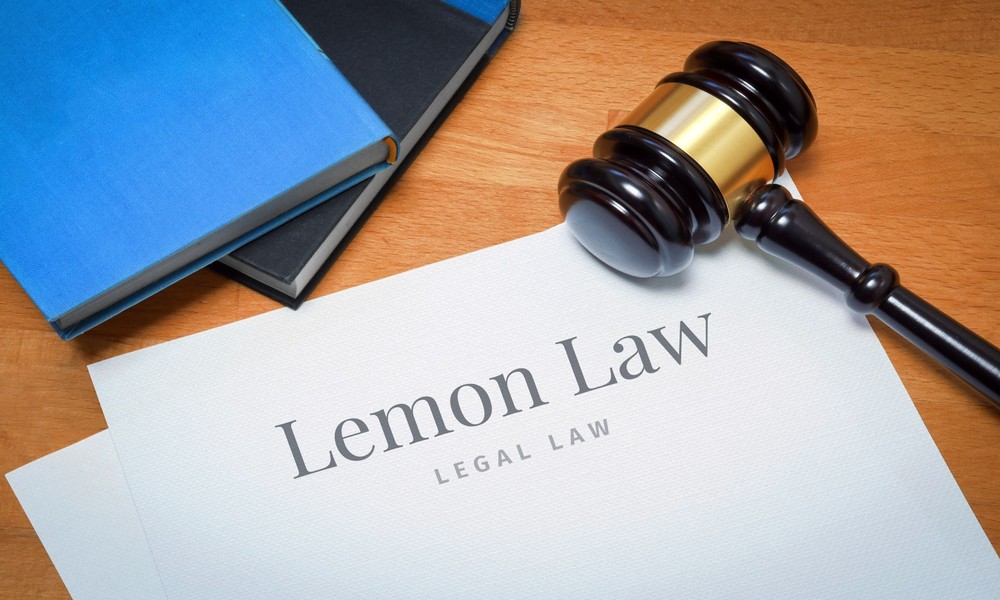Divorce is rarely easy. Even when both spouses agree that it’s time to part ways, the process can still be legally and emotionally complex. It’s common to wonder whether hiring a lawyer is necessary—especially if the split seems amicable or finances are tight.
The short answer? It depends on your specific situation. While not every divorce requires legal representation, there are key reasons why having a divorce attorney can make a significant difference in both the short and long term. Here’s what you should consider before deciding to go it alone.
When You Might Not Need a Divorce Lawyer
Let’s start with the scenarios where handling your divorce without a lawyer might be feasible:
1. Uncontested Divorce
In an uncontested divorce, both parties agree on all the major issues: property division, debt allocation, child custody, support, and alimony. There are no disputes, and you’re both willing to sign and submit the necessary paperwork.
If that’s your situation, you may be able to use your state’s simplified divorce process or handle the filing yourself using court-provided forms.
2. Short-Term Marriage with No Kids or Property
If your marriage lasted only a short time and there are no children, shared property, or financial entanglements, the legal process is generally straightforward. In such cases, representing yourself may be reasonable—as long as you understand your rights and responsibilities.
3. Strong Understanding of Legal Procedures
Some individuals feel confident navigating the legal system, especially if they’ve done it before or have a background in law or mediation. But even then, it’s smart to at least consult with an attorney to review your agreement.
When You Should Consider Hiring a Divorce Lawyer
While a do-it-yourself divorce might save money upfront, the risks can outweigh the benefits—especially if your situation is more complicated than it first appears. Here are several signs that hiring a lawyer is in your best interest.
1. Disagreements About Finances, Custody, or Property
If you and your spouse disagree about important issues—especially those involving money or children—a lawyer can help protect your rights and negotiate a fair outcome.
What may feel like a minor disagreement now can quickly escalate into a serious legal battle. An experienced attorney knows how to manage conflict and avoid costly mistakes.
2. Power Imbalances
Divorce isn’t just about dividing assets; it’s also about ensuring both parties are treated fairly. If there is a power imbalance—due to financial dependence, emotional manipulation, or abuse—it’s essential to have legal support.
A lawyer can advocate for your interests and ensure that your spouse doesn’t take advantage of your situation.
3. Complex Financial Situations
If you and your spouse share retirement accounts, own a business, or have significant debts or assets, you’ll need a lawyer’s help to understand what you’re legally entitled to and how to divide things properly.
Hidden assets, tax implications, and valuation disputes can all lead to long-term financial issues if not handled correctly.
4. Children Are Involved
Custody and support decisions can be the most emotionally charged and legally complicated aspects of divorce. A lawyer will help you create or evaluate parenting plans, address child support calculations, and protect your relationship with your children.
Judges often prefer parenting plans that reflect the child’s best interests, not just the parents’ preferences. An attorney helps present your case in a way that meets those standards.
The Hidden Costs of a DIY Divorce
People often choose to skip hiring a lawyer because they want to save money—but doing so can lead to larger problems later. Here are a few potential costs of going it alone:
- Unfair agreements that don’t hold up in court
- Missed deadlines or improperly filed paperwork, delaying your divorce
- Lack of legal knowledge, which can result in giving up rights you didn’t know you had
- Inability to enforce agreements, leading to ongoing disputes
Legal fees can feel daunting, but investing in professional help now often prevents costly complications in the future.
What About Mediation?
Mediation can be a good middle ground if you want to avoid a courtroom battle but still need help resolving disputes. A neutral mediator helps both spouses come to an agreement, often with less conflict and expense.
Even in mediation, however, it’s wise to have your own attorney review the final agreement before you sign it. A mediator does not represent either party’s individual interests.
Final Thoughts
Every divorce is different. For some, a straightforward, uncontested process can be managed without legal representation. But for many others—especially where property, children, or conflict are involved—hiring a lawyer can make the process smoother, safer, and more equitable.
If you’re unsure whether you need an attorney, consider scheduling a consultation. Most divorce lawyers offer a first meeting at little or no cost, and it can give you clarity on your next steps.
Protecting your future—financially, emotionally, and legally—is worth the effort. When it comes to divorce, a little guidance now can make a big difference later. We recommend Compo Law Firm.











